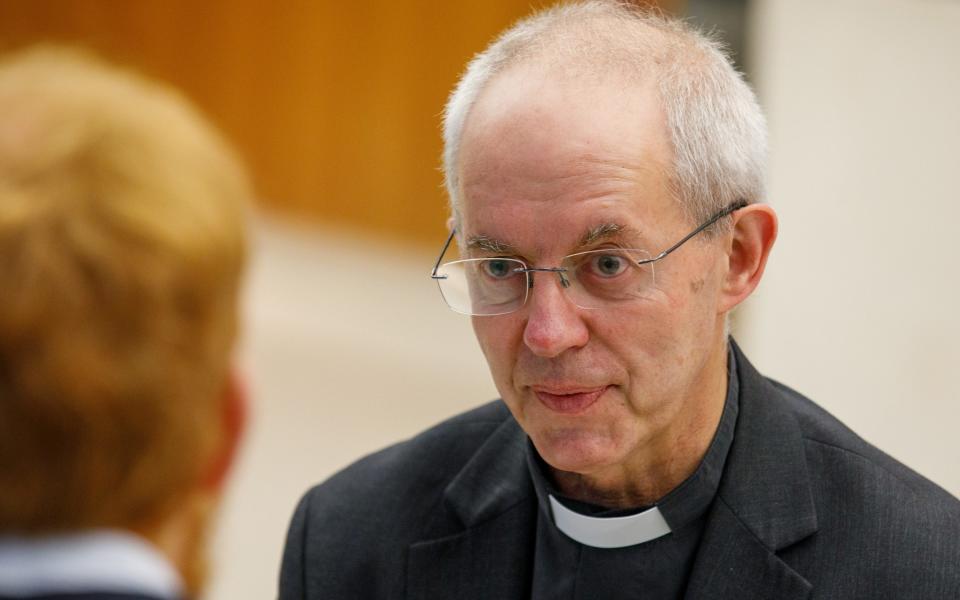Lord Field backs assisted dying Bill after announcing he is terminally ill

Lord Field of Birkenhead has announced he is terminally ill, as he backed an assisted dying Bill in the House of Lords.
The former Labour MP, minister and chairman of Parliament’s work and pensions committee was ennobled after losing his Birkenhead seat in the 2019 general election.
On Friday, he announced he had changed his mind on the issue of assisted dying, and is supporting a Bill that would give patients of sound mind with less than six months to live the right to take life-ending medication.
In a statement read on his behalf by Baroness Meacher of Spitalfields, who tabled the Bill, Lord Field said he had decided to support the Bill after an MP friend, who was slowly dying of cancer, was unable to take their own life.
“I've just spent a period in a hospice and I’m not well enough to participate in today’s debate,” the statement said.
“If I had been I would have spoken strongly in favour of a second reading. I changed my mind on assisted dying when an MP friend was dying of cancer and wanted to die early before the full horror effects set in, but was denied this opportunity.”
Chris Bryant, a Labour MP, described the news of Lord Field’s illness as “very sad”.
The Assisted Dying Bill is likely to receive the support of peers in the House of Lords on Friday, but is not expected to become law because of parliamentary time constraints and opposition from ministers.
Boris Johnson is thought to be against the move, while Sajid Javid is expected not to vote for any legislation in the Commons.
Matt Hancock, the current Health Secretary’s predecessor, was thought to be supportive of reform on the issue.
The Right Rev Justin Welby, the Archbishop of Canterbury, warned that a change to the law could lead to “pressure” on patients to die.
He said mistaken diagnoses and “intangible” coercion on patients could lead to people dying who do not need to.
“What we want is assisted living, not assisted dying,” he told the BBC on Friday. “There is no difference between us in compassion. It is our concern about the effectiveness of the safeguards and the care for the vulnerable.
“Sadly people make mistakes in their diagnosis. It leaves people open to very, very intangible forms of coercion and pressure. I have sat in places where I have known that people were having pressure put on them in ways that would never come out.”

Lord Forsyth of Drumlean, a Cabinet minister in Sir John Major’s government, said he had changed his mind on the issue after his own father blamed him for not being able to take his own life.
“My father had a terminal cancer and was in very great pain. Just before he died, I went to see him and said ‘I'm so sorry, dad, you’re in this position’, and he completely took me aback by saying, ‘Well, you’re to blame, because you and others have consistently voted against the right to die, I would like to be relieved of this, they can't relieve the pain and I am in this position because of folk like you’,” he said.
“I also had this nagging guilt, I’ve always voted against it but actually at the same time felt a complete hypocrite because [...] I would want it for me to spare not just me, but my family.”
Baroness Grey-Thompson, the former Paralympic champion, said she opposed the Bill because it risked ending the lives of disabled people too soon.
“The reason many disabled people are worried is because the conditions they have could very easily be fitted into that six-month prognosis,” she said.
“We know doctors really struggle to give an accurate prognosis on end-of-life. We have to look at how you make that mental capacity judgment about a true and a settled choice. There is a cost that comes to that, and are we willing to pay the cost to do the investigation to make sure that it is genuinely someone’s choice?”

 Yahoo News
Yahoo News 
